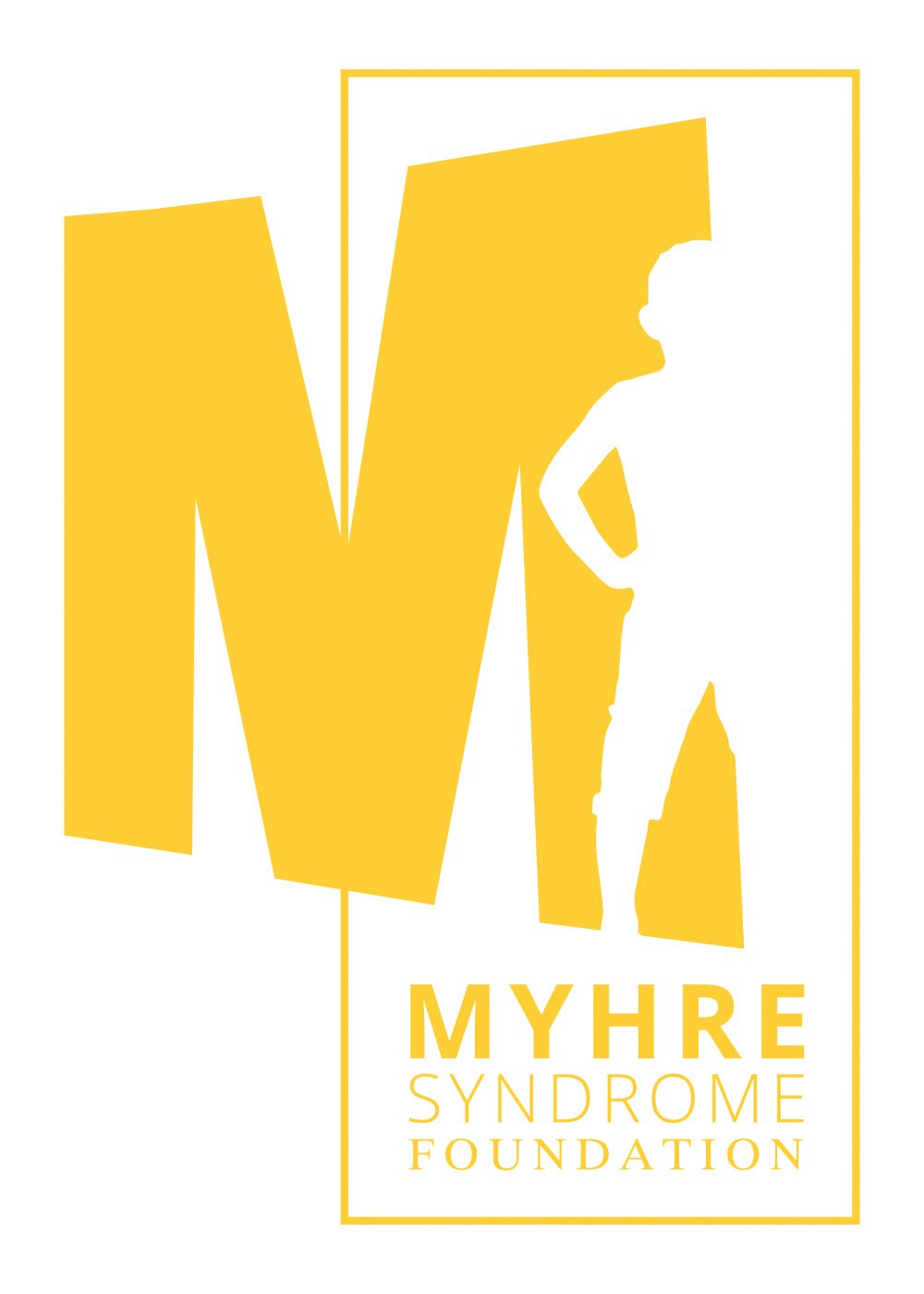We are proud to announce a $450,000 grant to fund a groundbreaking research project designed by Genethon, collaborating with Professor Valérie Cormier-Daire (Genomic Medicine Service for Rare Diseases, Necker-Enfants Malades Hospital) in France. This project aims to develop a potential treatment for the life-threatening complications of Myhre syndrome. Founded in 1990, Genethon is a global leader in gene therapy for rare diseases.
What Is This Research About?
The research focuses on a cutting-edge therapy known as immunotherapy, designed to target and reduce fibrosis (scarring) that contributes to stenosis in Myhre syndrome. This therapy seeks to neutralize the transformed cells responsible for fibrosis. This strategy has shown early promise in treating fibrosis in heart and muscle diseases and is currently utilized in cancer treatments.
Why Is This Important?
Currently, there is no cure for Myhre syndrome, and existing treatments focus on symptom management. If successful, this research could result in the first therapy targeting the root cause of organ fibrosis in Myhre syndrome. This breakthrough would offer hope for improved health outcomes and longer lives for individuals affected by this rare condition.
We are thrilled about the potential of this project and will continue to share updates as the research advances.
About Genethon
A pioneer in the discovery and development of gene therapies for rare diseases, Genethon is a non-profit organization created by the AFM-Téléthon. The first gene therapy to treat spinal muscular atrophy, incorporating technologies developed at Genethon, is marketed worldwide. With over 240 scientists and professionals, Genethon pursues its goal of developing innovative therapies that change the lives of patients suffering from rare genetic diseases. Thirteen products from Genethon's R&D or collaborations are in clinical trials for diseases of the liver, blood, immune system, muscles and eyes. A further seven products could enter clinical trials in the next five years. To find out more: www.genethon.com

